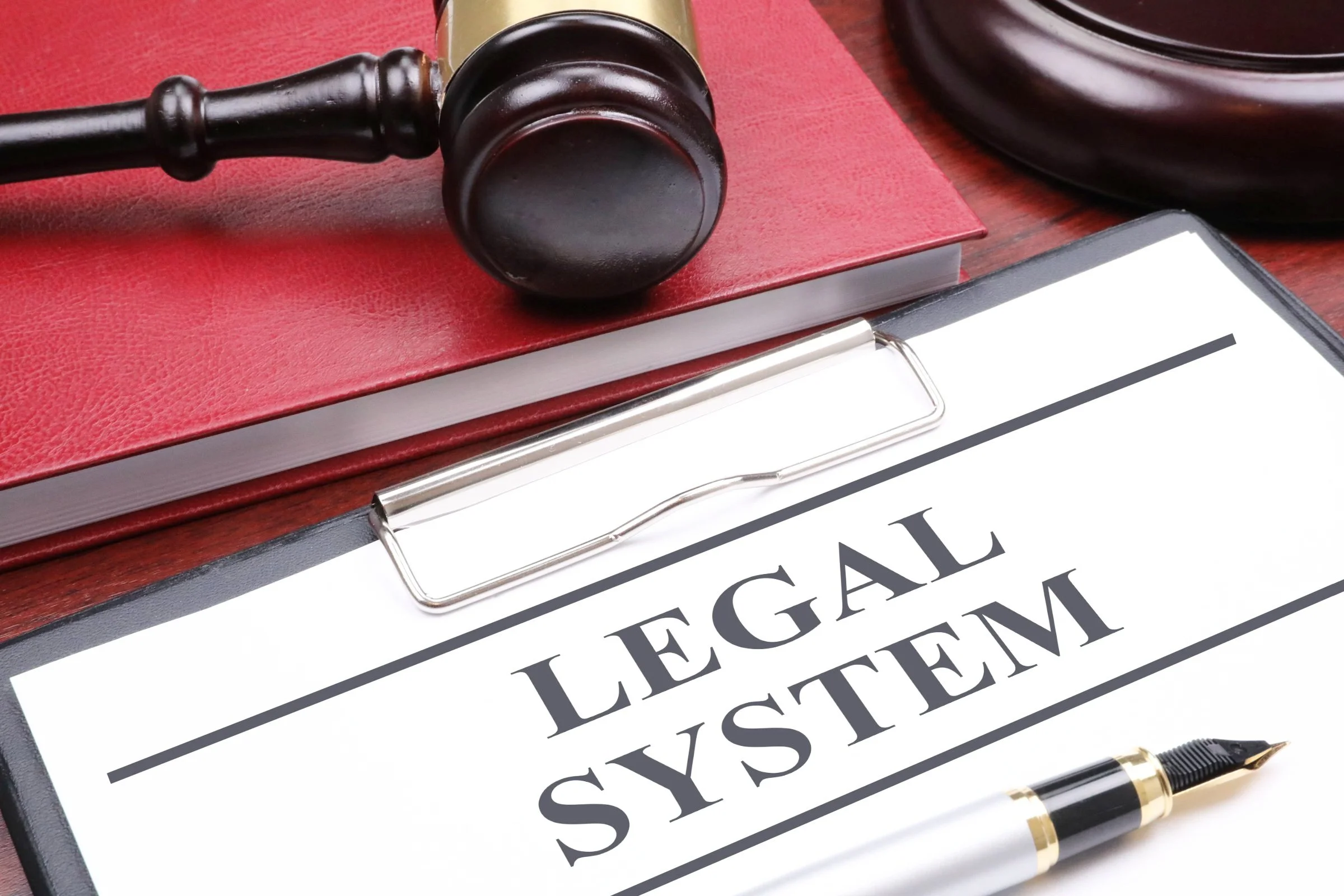In today’s complex and interconnected world, understanding the legal system is more important than ever. Whether you’re a business owner, a student, or simply an individual navigating daily life, having a solid grasp of legal principles can empower you to make informed decisions and protect your rights. In this comprehensive guide, we delve into the intricacies of the legal system, covering everything from its fundamental concepts to its practical applications in various contexts.
The Foundations of Law
Constitutional Law
At the bedrock of any legal system lies constitutional law. This body of law establishes the framework for governance, delineating the powers and duties of different branches of government, as well as the rights and freedoms of individuals. In the United States, for example, the Constitution serves as the supreme law of the land, setting forth the structure of the federal government and safeguarding the rights of citizens through its amendments.
Statutory Law
In addition to constitutional principles, statutory law encompasses the statutes enacted by legislative bodies at the federal, state, and local levels. These laws address a wide range of issues, from criminal offenses and civil rights to taxation and commerce. Understanding statutory law is crucial for compliance and regulatory purposes, as it dictates the rules and regulations that govern society.
Common Law
Derived from judicial decisions and legal precedent, common law supplements statutory law by providing guidance on interpreting and applying legal principles in specific cases. Through the doctrine of stare decisis, courts adhere to previous rulings when deciding similar issues, thereby promoting consistency and predictability in the legal system. Common law principles play a vital role in shaping the evolution of legal doctrine over time.
The Structure of the Legal System
Federal vs. State Jurisdiction
In the United States, the legal system operates on both federal and state levels, each with its own distinct jurisdictional authority. While federal courts adjudicate matters involving federal law, interstate disputes, and certain other cases specified in the Constitution, state courts handle a broader array of issues, including criminal offenses, family law matters, and contract disputes. Understanding the division of powers between federal and state jurisdictions is essential for navigating the legal landscape effectively.
Civil vs. Criminal Law
Another key distinction within the legal system lies between civil law and criminal law. Civil law governs disputes between private parties, such as individuals, corporations, and government entities, seeking remedies for breaches of contract, negligence, or other legal wrongs. In contrast, criminal law addresses offenses against the state, with the government prosecuting individuals accused of committing crimes ranging from theft and assault to murder and fraud. Distinguishing between civil and criminal matters is critical for determining the appropriate legal remedies and procedural safeguards.
Legal Procedures and Processes
Litigation
Litigation refers to the process of resolving disputes through court proceedings. Whether in civil or criminal cases, litigation involves various stages, including pleading, discovery, trial, and appeal. Litigants present evidence, examine witnesses, and make legal arguments before a judge or jury, seeking a favorable outcome based on the applicable law and facts of the case. Understanding the nuances of litigation procedures is essential for effectively advocating for one’s rights and interests in the legal system.
Alternative Dispute Resolution
In addition to traditional litigation, parties may opt for alternative dispute resolution (ADR) methods, such as mediation or arbitration, to resolve conflicts outside of court. These processes offer parties greater flexibility, efficiency, and confidentiality compared to formal litigation, allowing them to craft tailored solutions that meet their needs and interests. Familiarity with ADR techniques can empower individuals and organizations to achieve timely and cost-effective resolutions to their legal disputes.
Types of Law: A Comprehensive Overview
Criminal Law
Criminal law focuses on offenses against the state or society. It encompasses a wide range of offenses, including theft, assault, and murder. The objective of criminal law is to punish offenders and deter criminal behavior through legal sanctions.
Civil Law
Civil law deals with disputes between individuals or entities. It covers matters such as contracts, property rights, and personal injury claims. Unlike criminal law, civil law aims to provide remedies and compensation to aggrieved parties rather than punishment.
Administrative Law
Administrative law governs the activities of administrative agencies and government bodies. It regulates their powers, procedures, and decisions, ensuring accountability and fairness in administrative actions.
Constitutional Law
Constitutional law pertains to the fundamental principles and structures of government. It encompasses the interpretation and application of constitutions, safeguarding fundamental rights and limiting government authority.
Conclusion
In conclusion, understanding the legal system is a fundamental aspect of civic literacy and responsible citizenship. By familiarizing ourselves with the principles, structures, and processes of law, we can navigate complex legal issues with confidence and integrity. Whether engaging in business transactions, resolving disputes, or participating in democratic governance, a working knowledge of the legal system empowers individuals to uphold their rights and contribute to a just and equitable society.

